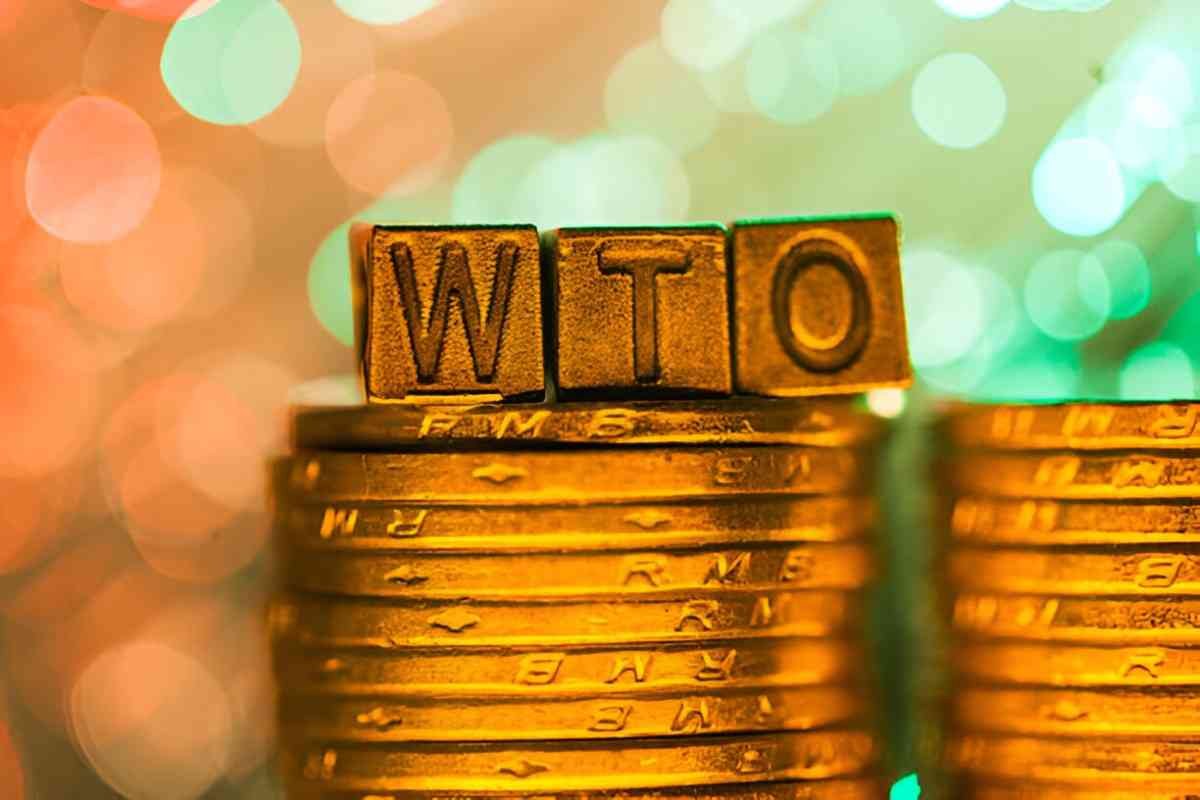The World Trade Organization (WTO) may seem like a complex international entity, but its mission is fundamentally straightforward: facilitating and regulating global trade among nations. Let’s delve into the WTO’s role, why it matters, and how it affects international commerce in plain and simple terms.
Table of Contents
What is the World Trade Organization (WTO)?
The WTO was created in 1995 to oversee global trade rules and negotiations. Its primary objective is to promote free and fair trade among its member countries by establishing a set of rules and agreements that govern international commerce.
Why Does the WTO Matter?
Understanding the significance of the WTO is essential because it plays a vital role in the global economy. Here’s why it matters:
- Trade Rules: The WTO sets and enforces rules that govern international trade, ensuring a level playing field for businesses worldwide. These rules cover areas like tariffs, subsidies, intellectual property rights, and trade dispute resolution.
- Conflict Resolution: When trade disputes arise between member countries, the WTO provides a platform for resolution. It helps prevent trade conflicts from escalating into damaging trade wars.
- Economic Growth: The WTO fosters economic growth and prosperity for member countries by promoting open markets and reducing trade barriers.
How Does the WTO Work?
The WTO functions through a series of negotiations, agreements, and dispute settlement mechanisms. Here’s how it works:
- Negotiations: Member countries engage in trade negotiations to reach agreements on various trade-related issues. These negotiations aim to reduce tariffs, eliminate trade barriers, and promote fair competition.
- Agreements: The WTO administers several key agreements, such as the General Agreement on Tariffs and Trade (GATT) and the Agreement on Trade-Related Aspects of Intellectual Property Rights (TRIPS). These agreements establish the rules governing international trade.
- Dispute Settlement: The WTO provides a dispute resolution process when trade disputes arise. Member countries can bring their grievances to the WTO’s dispute settlement body, which works to find a mutually acceptable solution.
Example:
Suppose Country A believes that Country B is unfairly subsidizing its domestic agricultural production, giving its farmers an unfair advantage in international markets. Country A can bring this dispute to the WTO, which will investigate the matter and facilitate negotiations between the two countries. If a resolution cannot be reached, the WTO may issue a ruling to resolve the dispute.
Conclusion:
The World Trade Organization (WTO) serves as the global trade referee, ensuring that international commerce operates fairly, transparently, and efficiently. By establishing and enforcing trade rules, resolving disputes, and fostering negotiations, the WTO contributes to economic growth and stability worldwide. Understanding its role is essential for businesses, governments, and anyone interested in global trade dynamics.





